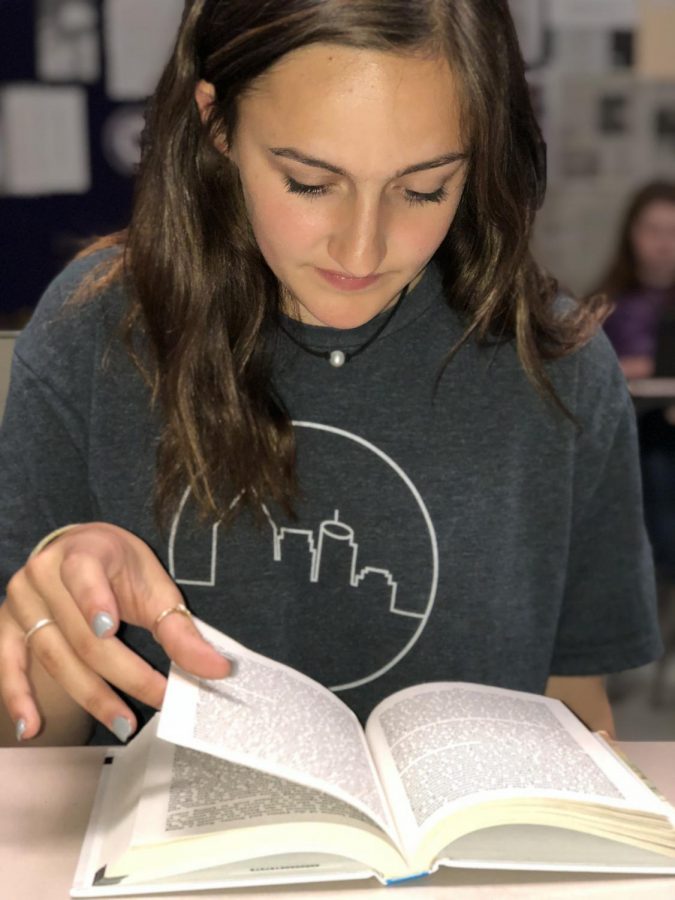The Florida Project: A Review and Examination
This picture, taken from this article, shows Moonee (in the middle) with her two friends who also live in hotels. In this scene, the trio explores abandoned homes to stave off the boredom of summertime.
April 18, 2018
Toward the end of 2017, a tiny indie film by the name of “The Florida Project” silently entered theatres, although it amassed almost unanimous critical acclaim for its portrayal of what is commonly referred to as “hidden poverty” and the warmth director Sean Baker brought to his complex and often unlikeable characters. The film stars only one well known actor, Willem Dafoe, as Baker opted to cast non-actors in the other main roles–a decision he is well known for (see, his previous film, “Tangerine).
Throughout the film, seven-year-old protagonist Moonee explores her tiny world in Orlando, minutes away from Disney World. She stomps around, playing with the other children in various other rooms at the Magic Castle hotel and screaming at the news helicopters which fly by occasionally. This youthful joy creates an atmosphere of happiness and comfort, yet the film is unafraid to explore the darker reality of these children. Their parents resort to desperate measures just to pay this month’s rent and the finale both uplifts and grounds the viewer, forcing them to take notice of the dire conditions that these people, these children, are forced to endure.
Sean Baker has often been a voice for communities on the fringes of society–his previous film “Tangerine” explores the lives of two transgender women in Los Angeles– and does not pass any sort of judgement on the actions of his characters. Moonee, while just a child, is brash and often rude and her mother, Halley, acts much in the same way, yet there is never any sort of implication made by Baker: he simply allows us to watch and decide our feelings for ourselves. This way of filmmaking is incredibly important as it opens the door to educated conversation about social issues that are often passed over; poverty, in this case.
The amount of Americans living in poverty in the suburbs has reached 17 million as of 2014. This is the meaning of hidden poverty: the fact that so many citizens have next to nothing, yet there is never any news coverage or any meaningful conversation about this issue. It is an “out of sight, out of mind” mentality and it is incredibly reductive and ignorant. While Baker may have only sought to create a film, he has sparked a conversation which has been ignored for far too long and which may finally begin to cause at least some small level of change: the passage of legislation to provide aid, the construction of homes and soup kitchens that are easily accessible and large enough to fulfill the needs of all, etc. “The Florida Project” is an incredibly well-made film, but its potential is what makes it a great film. It is now available on iTunes, please take a couple hours and watch it.




